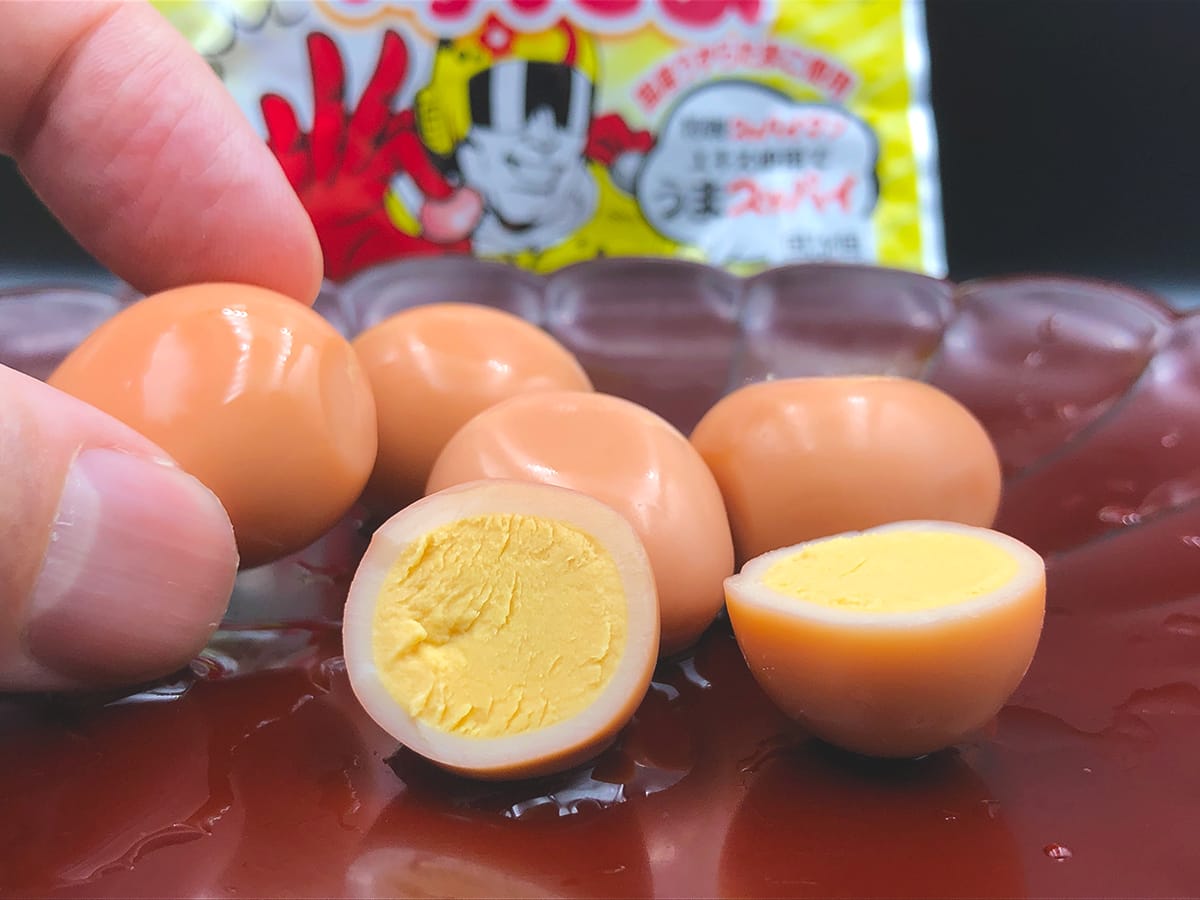
Photo by grape Japan
Pickled plum quail eggs? The oddly addictive snack we found at a Japanese convenience store
- Tags:
- Japanese convenience stores / pickled egg / pickled plum / quail egg / Snack / sour / Suppaiman
Related Article
-
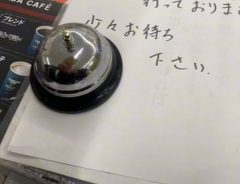
Late-night visitor to Japanese convenience store finds no clerk and worrisome note on counter
-
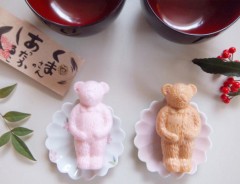
Bear-Shaped Japanese Snack Discovered To Turn Into Chilling Horror Scene
-
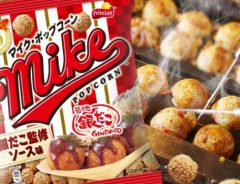
Mike Puts a Taste of Osaka into Popcorn with Takoyaki Flavour
-

AI Senbei: We tried an onigiri rice cracker developed with artificial intelligence
-
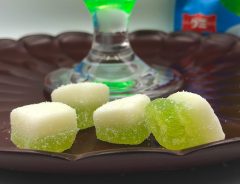
The taste of old-fashioned Japanese “cream soda” in a gummy candy
-
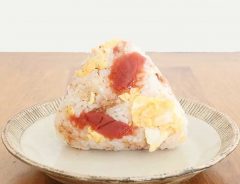
Level up your rice ball game with this delicious variation on pickled plum onigiri


Whether it's potato chips flavored with nattoh (fermented soybeans) or flavored with squid and carrots, you can find very unusual snacks at your local convenience store in Japan.
Recently, we came across a snack that seemed so odd that we just had to try it.
Pickled plum-flavored boiled quail eggs!
Photo by grape Japan
This is Okinawan company 上間菓子店 Uema Kashiten's スッパイマン梅たま Suppaiman Umetama.
Suppaiman, riffing off the Japanese word 酸っぱい suppai, meaning "sour," is a brand of dried pickled plum snack famous in Okinawa Prefecture and often purchased as a souvenir. Suppaiman has a sweet and sour taste and is known to be addictive. As for umetama, it's a portmanteau of 梅 ume, meaning "plum" and たまご tamago, meaning egg, in this case quail eggs.
Of course, we'd heard of pickled eggs. They're quite common in Pennsylvania Dutch country and some other parts of the United States, as well as in European countries like Germany.
We'd also tried Suppaiman products before and quail eggs, but never quail eggs, let alone any egg flavored with pickled plums, so we wondered how it would taste...
We opened the package and poured out the contents. The quail eggs rolled out onto our plate, along with some clear liquid. The eggs were colored brown, which we assumed was due to the Suppaiman flavoring, since boiled quail eggs are white.
Photo by grape Japan
When we sliced one open, we could see that egg whites, although perhaps a bit darker than a standard egg, were mostly white in contrast with the surface and the yolk seemed to be of a normal color.
Photo by grape Japan
Of course, we couldn't tell if we would enjoy them without actually tasting them...
Photo by grape Japan
We were surprised. They were actually quite good! The sweet and sour flavor of Suppaiman in the egg whites blended nicely with the rich flavor of the quail eggs. They weren't too salty either. We poured ourselves a chu-hai and polished off the bag of five eggs, which were only 52 calories in total, in no time. The coloring is natural, derived from 紅麹 benikōji, Monascus purpureus, a mold that produces a red color, and it's sweetened with natural Stevia extract.
Our experience proved, once again, that you'll often be rewarded if you're adventurous in your food choices, especially if it's sold at a Japanese convenience store.